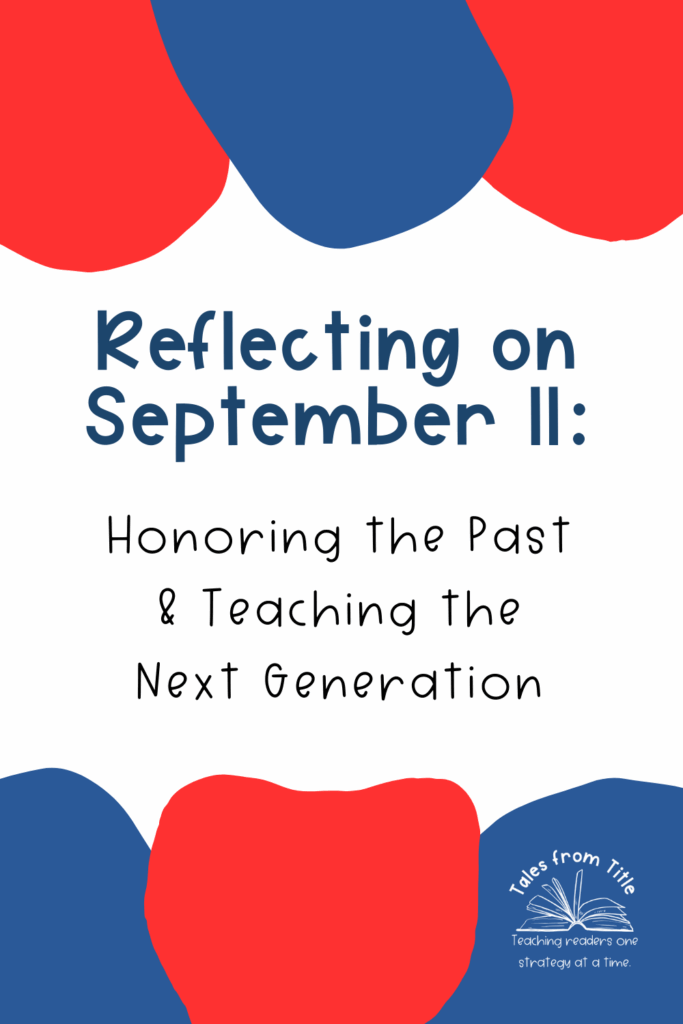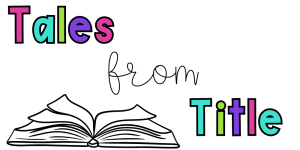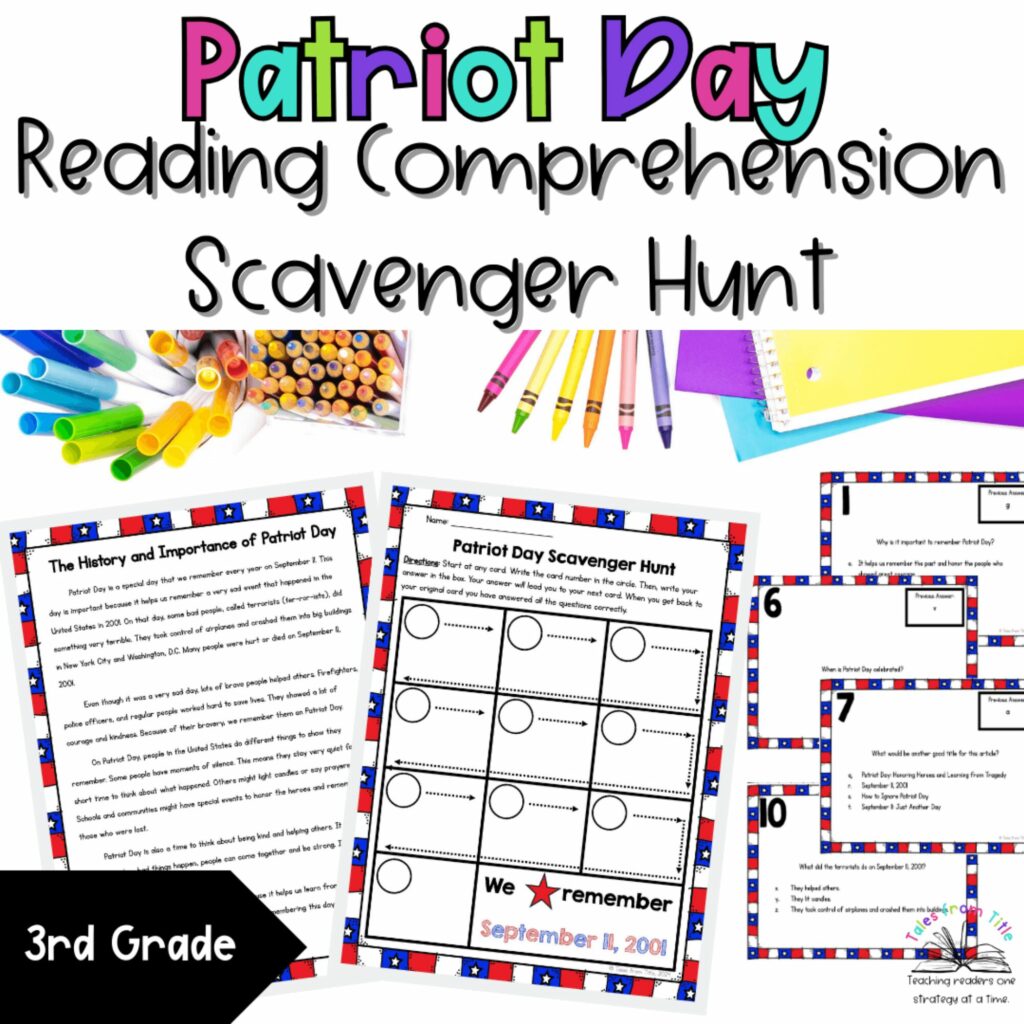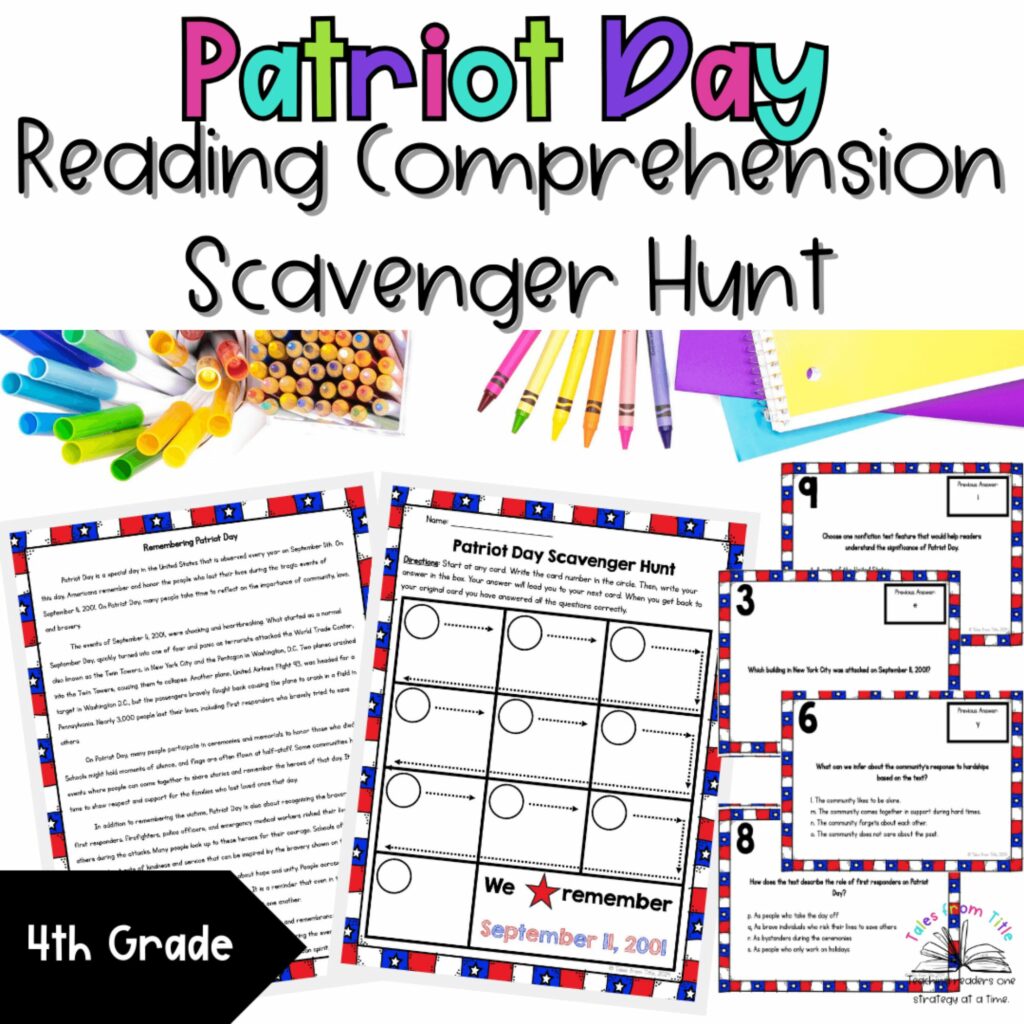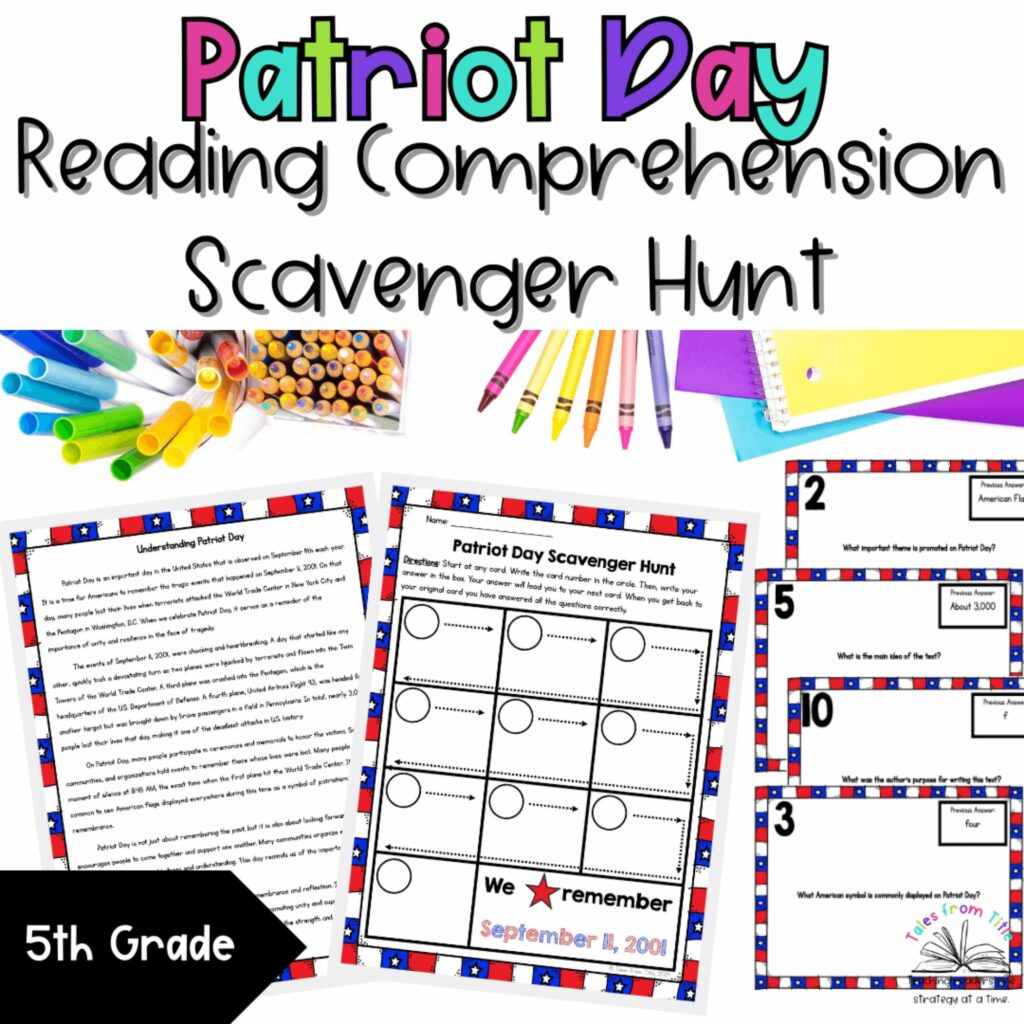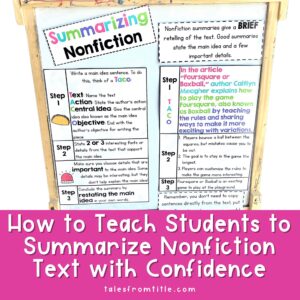As we approach the 23rd anniversary of the terrorist attacks that took place on September 11th, I still can’t wrap my head around how it has been that long. I can still vividly remember sitting in my second-hour social studies class when one of my classmates was called to the office to go home. My teacher reminded him he wouldn’t be able to play in the football game that evening and that he should tell his mom he needed to stay at school. My classmate returned to class and explained that planes had crashed into the Twin Towers and the Pentagon. The rest of the day, everyone was just in a state of shock and confusion. When I got home from school, my dad sent me outside to pick up sticks. I realize now that he was probably trying to shelter me from sitting in front of the TV, but at 13, I was convinced another plane could come out of the sky at any moment.
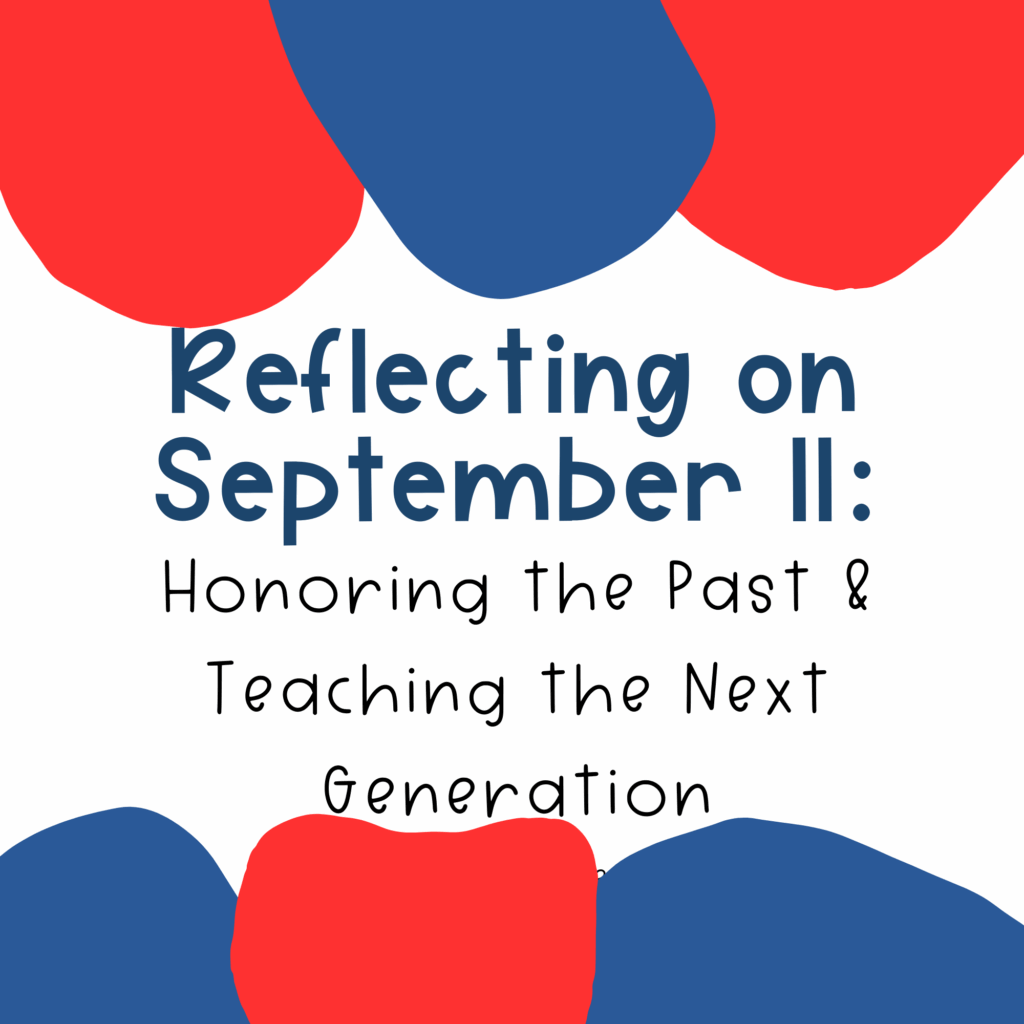
Since I started teaching in 2011, I’ve never had a group of students who were alive or old enough to remember the events of September 11. At this point, young teachers weren’t alive or old enough to remember the tragic events of that day. However, it’s still important to acknowledge September 11th and help your students understand its significance in American history. Here are a few ideas on how you can honor and acknowledge September 11th, now known as Patriot Day.
1. Hold a Moment of Silence
Many people choose to remember September 11th by participating in a moment of silence, typically at 8:46 a.m., the time when the first plane hit the North Tower. This moment allows everyone to reflect on the lives lost, the bravery of first responders, and the impact the event had on not only America, but the world. It’s a simple yet powerful way to honor those whose lives were lost, helping students understand the gravity of the day and fostering a sense of respect for those affected by the terrorist attacks.
2. Do a Good Deed
September 11th is considered a National Day of Service and Remembrance, which makes it an ideal time to engage students in acts of kindness and community service. You could plan a service project, organize a school-wide cleanup, or find a local charity your class could donate to. Teaching students the importance of giving back, especially on a day that commemorates such a significant event, reinforces the values of unity and compassion. It also provides an opportunity to discuss how, in the aftermath of 9/11, people came together to support one another and show their love for America.
3. Read a Book
I wouldn’t be a reading interventionist if I didn’t have some read-aloud ideas for you to incorporate into your day. Reading a book about September 11th can help students make connections with the events of that day. These book choices present the events of 9/11 in an age-appropriate way, helping students understand the historical context and emotional impact of the terrorist attacks. Here are three books that are appropriate for 3rd – 5th grade students:
4. Conduct an Interview
Encouraging students to interview an adult about where they were on September 11th, 2001, is a great way to make history feel more personal and relatable. This activity allows students to hear first-hand accounts of the day, making the events more concrete and less abstract. It also helps to improve their listening and interview skills. You can give them questions to get them started such as:
- Where were you when you heard about the 9/11 attacks?
- What went through your mind?
- What memory of that day has stuck with you the most?
- How has the world changed as a result of 9/11?
- How has 9/11 affected your life?
These interviews can lead to meaningful classroom discussions and give students a deeper appreciation of the day’s significance.
5. Practice Reading Comprehension
Using articles, passages, or other texts about September 11th to practice reading comprehension skills is a practical way to integrate literacy with history. There are numerous online resources that offer reading activities focused on September 11th, allowing students to build their comprehension skills while learning about an important event in American history. Here are a few websites you can check out for articles and lesson plans on September 11, 2001:
For a more interactive experience, you might consider using a Patriot Day Reading Comprehension Scavenger Hunt. These are self-checking and can be a less somber way for students to engage with the material while also practicing important nonfiction literacy skills. You could even have students observe a moment of silence during the scavenger hunt to help them reflect on the seriousness of the day.
Finding the right balance between conveying the seriousness of the events of September 11th, 2001 without terrifying students can be difficult. I think it’s important to make sure your students don’t leave school terrified that an attack like this could happen at any time. However, it is valuable for them to understand what a scary day this was in history for those of us who were alive or impacted by the events that took place.
Do you take time to observe and teach your students about September 11th each year? What are some of your favorite ways to teach students about this historic event?
